SUMMARY
This is AI generated summarization, which may have errors. For context, always refer to the full article.

CEBU, Philippines – Local government units (LGU) cannot claim local autonomy in their COVID-19 policies if these go beyond the parameters laid down by the national Inter-Agency Task Force (IATF), especially during a national state of calamity , a University of the Philippines law professor and a political analyst told Rappler on Tuesday, June 14.
Political analyst Niño Olayvar and UP professor lawyer Amando Virgil Ligutan laid down the limits of local autonomy on the same day the Sangguinan Panlalawigan (SP) adopted Cebu Governor Gwen Garcia’s optional outdoors mask-wearing policy.
Sugbo News, the province’s official news platform, said the Sangguniang Panlalawigan of Cebu adopted on June 14 through Ordinance 2022-03, Garcia’s Executive Order No. 16, which she signed of June 9.
The provincial board passed it unanimously, with 13 of 17 members present.
Garcia’s EO makes face masks mandatory only in indoor and air-conditioned settings, and for individuals experiencing symptoms of COVID-19.
It applies the optional wearing of masks to all individuals, residents and non-residents, within the province.
Limits to autonomy
“Depending on the alert level, the LGU is given a degree of autonomy and authority to decide through its local IATF,” said Olayvar.
The local IATF is bound by what the national body hands down, he said.
UP law professor Ligutan told Rappler that local government executives should not forget that the country is still under a state of calamity until September 12, 2022.
“This fact is crucial in resolving the issue,” Ligutan said.
Under a state of calamity, he stressed, local government units surrender, or should surrender, a portion of their autonomy to the President.
“In sum, during a state of calamity duly declared by the president, provincial governments like Cebu should follow the mandate of the president, which in this case is issued through IATF,” Ligutan added.
Asked whether a legislative body could do otherwise, Ligutan told Rappler: “The SP can create ordinances, but during the state of calamity their implementation should not contradict IATF’s mandates.”
Also on June 14, Justice Secretary Menardo Guevarra insisted that the IATF’s resolution on the mandatory use of face masks would prevail over Garcia’s policy.
Malacañang also reiterated this statement and agreed that the police and LGU must implement the resolution accordingly.
“I think this is again a problem of coordination. Government units and agencies, after all these years, we’ve been on the pandemic, magkasangit-sangit jud sa coordination (still tangle in terms of coordination),” Olayvar said.
In the right
Ordinance author, board member John Ismael Borgonia, insisted the body “acted within our powers in the Local Government Code.”
“The IATF two years ago precisely called for the passage of local ordinances to support their policies and guidelines on its health protocols. When a person is apprehended for violation of non-wearing of a face mask, it is the local ordinances that are used as basis for its penalty either through fine or imprisonment,” Borgonia told Rappler.
“When we amended our ordinance then the law enforcers no longer have a basis for its apprehension and corresponding penalties,” he added.
“The executive department merely implements the law and its not the law-making body of the Philippines unless delegated by Congress specific powers,” Borgonia stressed.
Improving conditions
Cebu Medical Society president, Dr. Peter Mancao said that the number of active COVID-19 cases in Cebu has decreased, hospitals have begun to reduce the number of their COVID-19 wards, and doctors already have sufficient experience in dealing with infection.
As of June 13, the Department of Health recorded 26 active cases and a total of 46,128 recovered patients in Cebu. There are only 60 out of 273 COVID-19 beds occupied in 33 public and private health facilities
“We just need to inculcate in the people that if they feel unwell or are entering unsafe areas, they should mask up. That is also your own responsibility,” Mancao said.
Olayvar said the issue reflects the lack of coordination between national and local bodies. – Rappler.com
Add a comment
How does this make you feel?


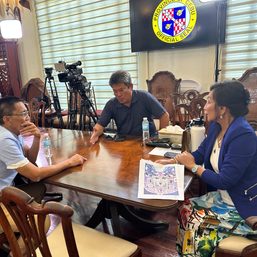
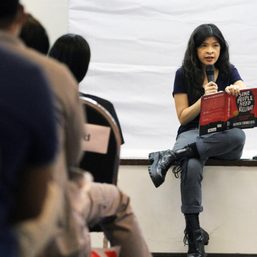


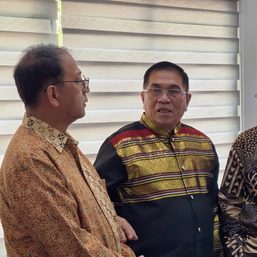
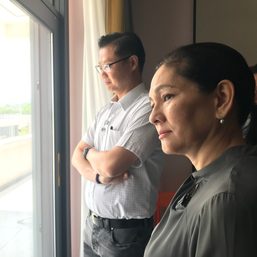
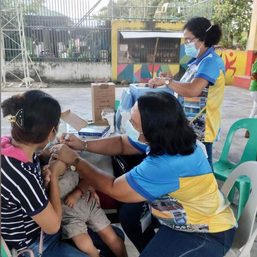
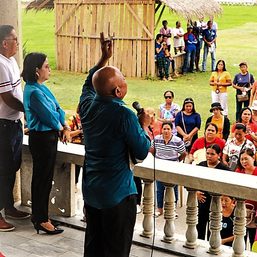
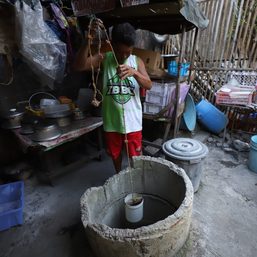
There are no comments yet. Add your comment to start the conversation.